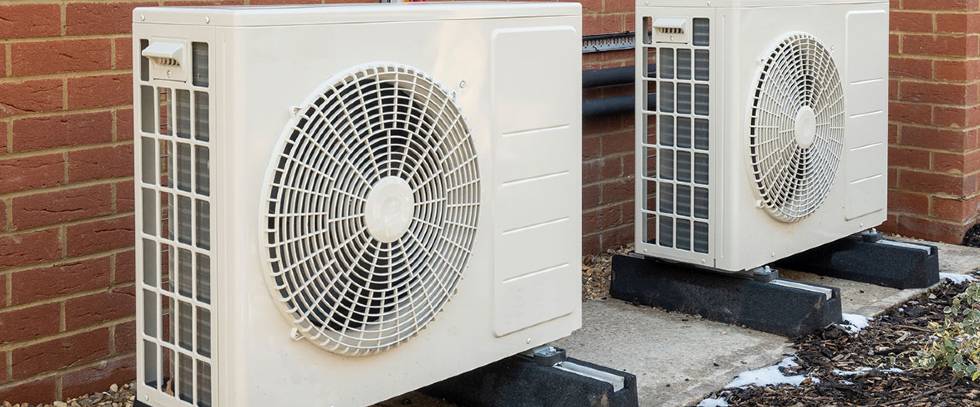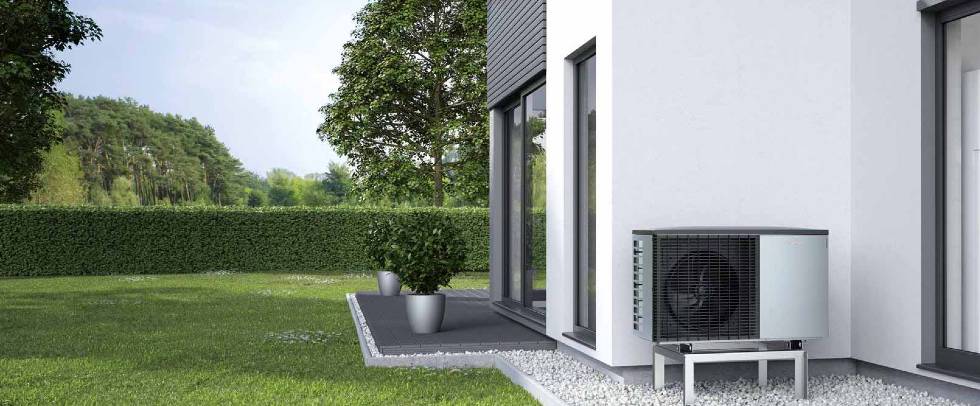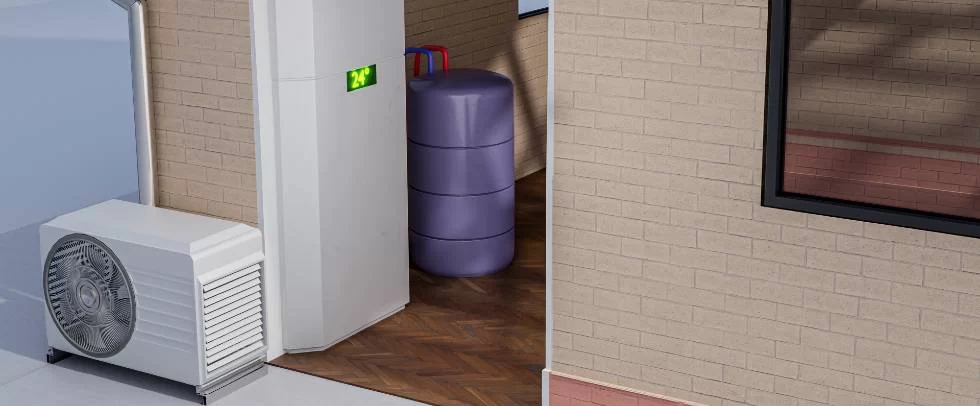If you’ve been following the news, you probably would have heard about the 2022 Inflation Reduction Act (IRA) signed by President Joe Biden on August 16. The primary goal of the act is to lower prescription drug prices and reduce consumer energy costs, thereby boosting energy security, alleviating inflation, and ultimately driving down greenhouse gas emissions. Continue reading to learn more about the Inflation Reduction Act Heat Pump.

- What Really is the Inflation Reduction Act?
- How Do I Know if I Qualify for Energy Rebates or Tax Credits?
- What’s an electric heat pump, and how does it function?
- Types of Heat Pumps
- Why Heat Pumps?
- Difference Between Rebate and Tax Credit
- How to Get a Heat Pump Rebate
The government will invest a whopping $391 billion in clean energy sources and techniques that improve energy efficiency, thus reducing the possibility of climate change due to “dirty energy.”
As part of this lofty project, the government will offer homeowners rebates and tax incentives when they purchase electric heat pumps. Households can qualify for tax credits of up to $2,000 when they buy a new electric heat pump. In addition, low-income households will get a rebate reaching up to $8,000 on installation.
Doing this will remove the financial barrier many Americans might face when switching to greener home heating systems, as many who are eligible will get their heat pumps for free.
Want to know how the IRA bill can help you go greener? Then this guide is for you. We discuss how the bill helps you save money on heat-pumps and what you qualify for as a taxpayer.
What Really is the Inflation Reduction Act?
The Inflation Reduction Act “heat pump” covers various parts of the economy, like healthcare and energy, and is designed to minimize the country’s crippling inflation by lowering healthcare and energy costs. To achieve this, the government will tax corporate incomes recording over a billion in profits to provide certain healthcare and energy costs privileges for eligible homes.
How Do I Know if I Qualify for Energy Rebates or Tax Credits?
The IRA bill encapsulates every taxpayer, regardless of their household income. However, to know what you qualify for, you need to compare your household income to your state’s median household income. Here’s the breakdown.
- If your household income is below 80 percent of your state’s median household income, you qualify for the maximum rebate, i.e., 100 percent of the rebates available. This means the government covers the payment for your new heat pump up to $8,000.
- Moderate income households earning between 80 percent to 150 percent of your state’s median income receive 50 percent of the rebates available. This means the government will cover half of your heat-pump cost.
- If your household income is above 150 percent of your area’s median family income, you get a 30% tax credit of up to $2,000 when you purchase a new electric heat pump.
Not sure of your state’s median household income? There are tons of tools online to help you out.

What’s an Electric Heat Pump, and How Does it Function?
A heat pump is a device that can heat and cool a room using electricity. It essentially does the work of an AC compressor and a furnace while being a more energy-efficient alternative.
The pump functions based on heat-exchange as it extracts the warmth or thermal energy from the inside of your home and transfers it outside during summer. It does the opposite in winter.
Types of Heat Pumps
Air-Source Heat Pumps
Air-source or air-to-air pumps are the most common models of heat pumps. They exchange heat between your house and the outside air to provide warmth during winter or cool air during summer.
Water Source Heat Pumps
These pumps require a water source to exchange heat. They function exactly like air-source pumps, with the source of heat being the significant difference between them.
Geothermal Heat Pumps
Like the two above, geothermal heat pumps deal with the exchange of thermal energy but with the ground as its source. While the idea of geothermal energy isn’t new, as the ground was used for similar purposes in ancient times, technology has brought significant refinement to the concept and made it more efficient.

Why Heat Pumps?
Heat pumps are unarguably one of the most environmentally friendly and efficient appliances available when it comes to heating homes and commercial buildings. Owing to the devastating impact of dirty energy on our planet, the government has decided to promote greener and more environmentally friendly energy sources, such as wind, solar, and hydro.
One major step toward this goal is helping homeowners switch to high-efficiency appliances since they consume less energy and tend to work better. And due to the advantages of pumps over traditional heating devices like furnaces, the government has decided to invest in promoting their adoption. In short, you can now own a high efficiency electric home, thanks to the Inflation Reduction Act.
Some of These Advantages Include the Following:
- Multipurpose Functionality – heat pumps can warm your homes air and cool your room, working as an air conditioner and heating device simultaneously.
- Cost Saving – since heat pumps can function in both cold and hot months, you can save money by buying one device (heat pump) instead of two separate appliances (air conditioner and furnace). Plus, running on heat-pumps also costs less due to their high efficiency compared to furnaces and air conditioners, thus reducing your monthly bills.
- Improved Air Quality – due to their air dehumidifying and filtering capabilities, airborne contaminants and excess moisture are kept away from your home, thus enhancing air quality.

Difference Between Rebate and Tax Credit
We’ve observed that most people often confuse rebates and tax credits for one another, even though they are different and both mentioned in the bill. That’s why we’ve decided to clarify them.
Rebate
A rebate is simply the money that your state will give back to you when you complete a transaction. The government pays for specific goods and services from public funds in order to promote a public benefit. Each state might have different guidelines on how to get this rebate, so you want to make sure to look through the Department of Energy for your state’s rules.
Tax Credit
On the other hand, federal tax credits are credits the government gives you at the end of the year to offset tax balances due. Tax credits essentially reduce the amount of tax an individual owes or increase their tax refund.
By this definition, low-income households that owe nothing in tax will get no benefit from a tax credit.
How to Get a Heat Pump Rebate
Beginning in late 2022, the Department of Energy will stipulate the state’s guidelines for getting a heat pump rebate. However, the rebate programs will likely apply only to equipment bought after January 1, 2023. The heat pump tax credits will also likely be passed around the same time, so you want to save and declare your receipt on your tax return to receive your tax credits.
Ready to take advantage of the Inflation Reduction Act Heat Pump-IRA bill? We’re here to help you in Denver and the surrounding Metro Area! Reach out to us today to begin your journey toward clean energy.


